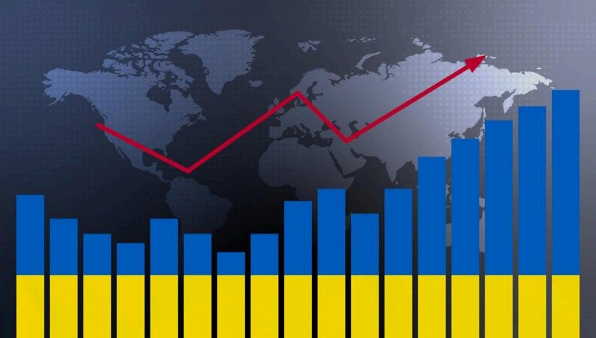Economical Impact of Ukraine invasion on Russia

- 01 Jun 2022
After being the instigator of complications between Russia and Ukraine, it seems like the plan has backfired for Russia. The country’s economy collapsed after sanctions were imposed on them due to their repeated attempts to invade Ukraine. The ruble crumbled upto 30% against the dollar and the Moscow stock exchange was shut several times in two weeks to control the impact of the situation. Russian equities were removed from FTSE as well as the MSCI index and rated ‘junk’ by S&P. Investors as well as wealth fund managers were unable to sell their stocks and saw a considerable downfall in the value of their investments. Amongst the sanctions, the most impactful one was that the seven major banks of the country were barred from the SWIFT banking channel through which Russia receives significant global trade payments for their oil and gas supply.
This makes it challenging for individuals and companies to make any transactions outside the country. Around $650 billion foreign reserves of the Central bank of Russia are freezed by the US. Russia is due to pay $117 million interest on their government euro bonds and the time period has been extended until 15th April after a grace period of 30 days being given. The Russian bonds have lost 90% of their value from 100 to 10 cents after an indication of default. China has an alternative to SWIFT which is the CIPS (Cross-Border Interbank payment system) that can be used but it is comparatively smaller with lesser financial institutions. This would be their first default after 1998 which was on domestic debt. Rating agencies have indicated that payments in any other currency except dollars would be considered default.
The prices of commodities were adversely affected such as crude oil which surged upto $130 per barrel. Wheat prices saw a hike of 60% as Russia and Ukraine are major suppliers of the same. Russia is also the largest importer of nickel and third largest for coal and the rise in these prices further led to increase in electricity and other energy rates. The semiconductor industry is further impacted by prices of neon and palladium due to inability to meet demands in Ukraine.
As per analysts, commodity prices will continue to be on a high while the global tension persists.
Big brands such as Apple, Volksvagen, Netflix, Starbucks, McDonalds, Google, Instagram have now stopped their operations in Russia. This also includes two firms from the big 4 which are KPMG and PwC. The companies have managed to take quick action regarding this matter on humanitarian grounds despite a huge part of their sales coming from Russia. Along with SWIFT even Visa and Mastercard stopped their services which leaves limited options for monetary transactions.
Russia was the 11th country when ranked as per GDP but due to the decrease of ruble, estimates are that it would be ranked 22nd as per 2022. India and China could benefit from the situation as investments from the Russian markets would now be directed towards these emerging markets. Countries like the EU, US, UK and Canada have further plans to ban more financial institutions leaving President Putin with no choice but to stop the invasion or reach a settlement with Ukraine.
Also Read:-Common Mistakes To Avoid In Forex Trading
- Vinati Jethra
Choose your operating system
Join us for the Gateway to Wealth Copy Trading Tutorial

You're being redirected to another page, it may takes upto 3 seconds
